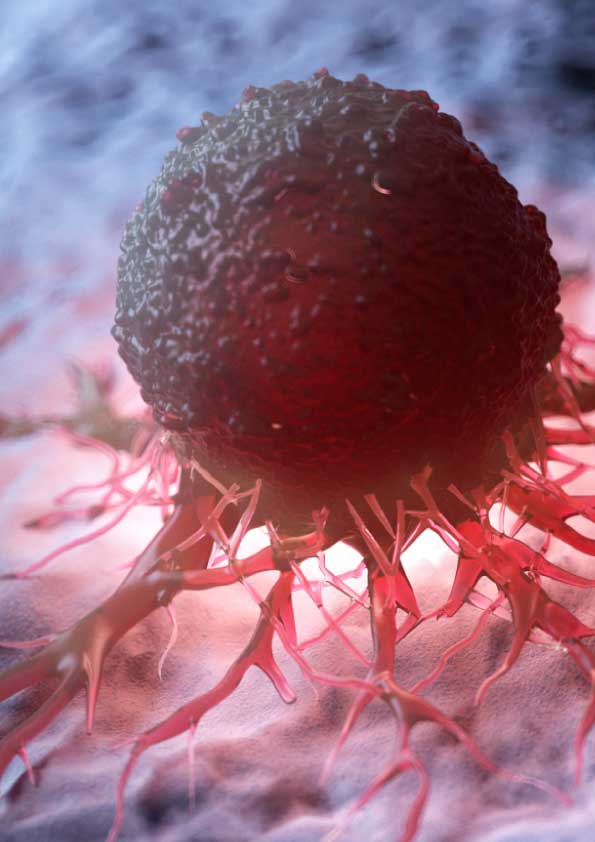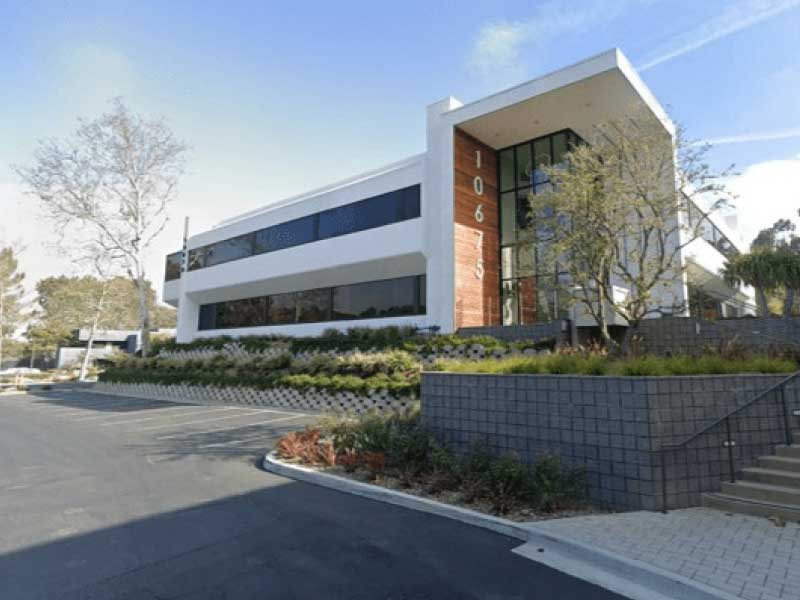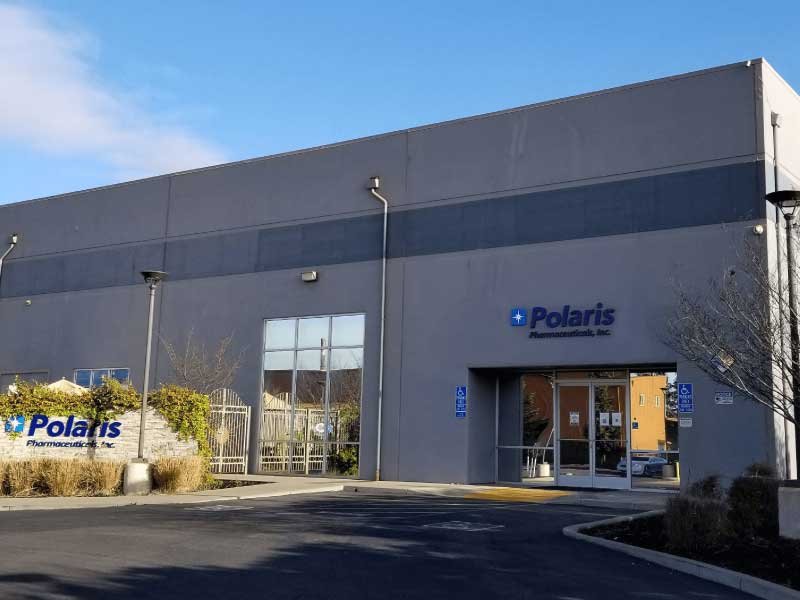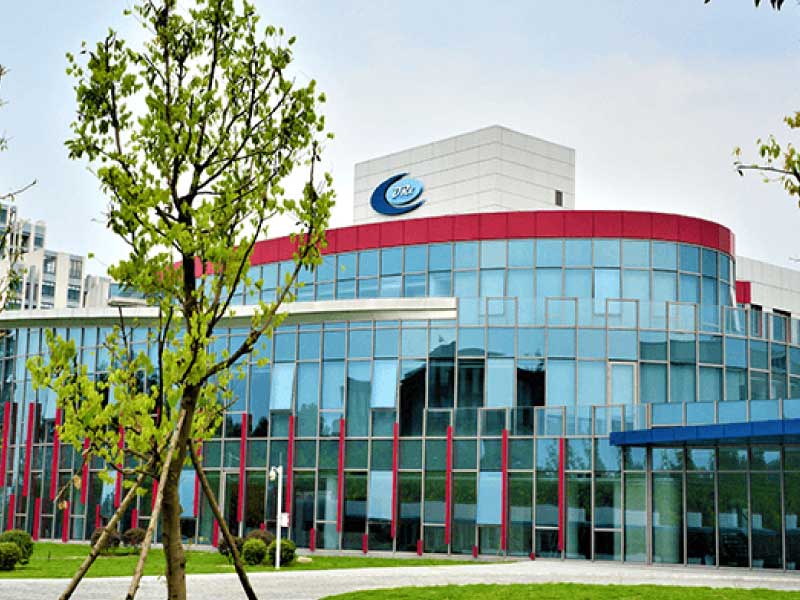引領創新與優良的癌症治療方式


關於北極星
北極星藥業集團是一家專注於抗癌新藥研發之跨國生物科技公司。 我們主要的研究藥物 ADI-PEG 20是一個生物製劑,現已進入臨床試驗研究後期,研究的癌症適應症相當廣泛,包括肝細胞癌、間皮瘤、胰臟癌、非小細胞肺癌、黑色素瘤以及急性骨髓性白血病等。 北極星藥業集團深度參與藥物開發的每一個階段。我們集團掌握基於結構設計癌症新藥的技術、和全球頂尖的癌症中心合作執行臨床試驗,並在美國加州和中國成都建有cGMP藥廠。
臨床試驗
ADI-PEG 20 正在臨床開發中,可用於多種腫瘤適應症。
肺間皮癌
第三期臨床試驗
軟組織肉瘤
第三期臨床試驗
腦癌
第一/二期臨床試驗
肝癌
第二/三期臨床試驗
血癌
第一期臨床試驗
研發與製造
公司新聞
TraditionalChinese
北極星藥業肺間皮癌新藥三年存活率增加四倍,於國際知名醫學期刊JAMA Oncology發表
– 這項罕見且侵略性癌症治療突破性臨床試驗顯示: 北極星代謝療法新藥ADI-PEG 20是一創新治療的方案,能顯著提高患有惡性肺間皮癌(MPM)的患者存活率,尤其是在三年的存活率是相較安慰劑組的四倍。
TraditionalChinese
北極星購併霖揚生技,啟動雙引擎成長
北極星藥業(股票代號:6550)於(12/21)日董事會通過增加購買霖揚生技股權至 100% , 並通過延攬原霖揚生技製藥董事長徐展平博士擔任北極星藥業集團總經 理, 這項重大的決定將使北極星除了癌症代謝療法新藥之外, 更跨入了目前最被 看好的多胜肽藥物 (如: 俗稱的瘦瘦針,Semaglutide), 這兩個極具發展潛力的產 品線, 將成為北極星未來成長的兩大引擎。
TraditionalChinese
北極星藥業集團展開臨床第三期試驗:首位平滑肌肉瘤(LMS)患者成功接受ADI-PEG 20/安慰劑聯合化療用藥治療
北極星藥業集團(TWSE:6550)今天宣佈,首位病患者成功接受了關鍵第3期試驗的給藥,該試驗使用ADI-PEG 20或安慰劑與傳統化療結合作為第二或第三線系統性治療平滑肌肉瘤(LMS)。
TraditionalChinese
北極星藥業集團宣佈ADI-PEG 20/安慰劑在臨床2a期非酒精性脂肪性肝(NASH)試驗中成功完成首位病患用藥
北極星藥業集團(TWSE:6550)今日宣布,在非酒精性脂肪性肝炎(NASH)2a期臨床試驗中成功完成首位病患用藥。
聯絡我們
表單填寫送出後,將由專人與您聯繫,請您耐心等候,謝謝。 *為必填欄位


